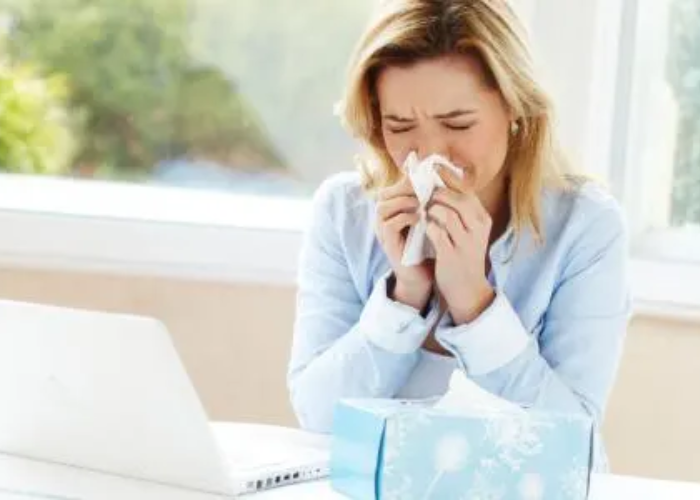Common cold and flu season is upon us, and that means it’s time to put on our protective gear against the viruses and bacteria that are out there. While there’s no surefire way to prevent every bug that comes your way, there are steps you can take to reduce your chances of catching a cold or flu. In this blog, we’ll discuss common cold and flu prevention techniques, natural remedies and home care, over-the-counter and prescription drugs, vaccinations, and how to manage complications.
Understanding Common Colds and Flu
Understanding common colds and flu is key to preventing and treating them. Common colds and flu are both contagious respiratory illnesses caused by viruses. A cold is usually milder than the flu and usually lasts for several days. Flu, on the other hand, is usually more serious and can cause more severe symptoms that can last up to two weeks or more.
The main difference between the common cold and the flu is the type of virus that causes them. The common cold is usually caused by any of the more than 200 different viruses, while the flu is caused by only a few types of influenza virus. The most common symptom of a cold is a runny or stuffy nose, while the flu can cause body aches, a high fever, fatigue, and a dry cough.
The best way to prevent colds and flu is to practice good hygiene. This includes washing your hands frequently with soap and water, covering your nose and mouth when you sneeze or cough, and avoiding close contact with people who are sick. It is also important to get an annual flu shot to protect against the most common strains of the flu virus.
Prevention Techniques
The best way to prevent catching a cold or flu is to practice good hygiene. This means washing your hands often and avoiding contact with people who are sick. It is also important to avoid touching your eyes, nose, and mouth. Additionally, it’s a good idea to stay away from large crowds and practice social distancing.
Natural Remedies and Home Care
If you do come down with a cold or flu, there are several natural remedies and home care techniques you can use to help relieve your symptoms. One of the best things you can do is to get plenty of rest and stay hydrated. It’s also important to take it easy and avoid strenuous activities.
Garlic and honey are two natural remedies that are often recommended for cold and flu relief. Garlic is believed to have antiviral properties that can help reduce symptoms and fight off the virus. Honey has antibacterial and antiviral properties and can help soothe a sore throat.
Over-the-Counter and Prescription Drugs
If you’re struggling with symptoms, there are a variety of over-the-counter and prescription drugs available to help relieve them. Over-the-counter medications such as ibuprofen and acetaminophen can help reduce fever, body aches, and headaches. Decongestants and antihistamines can help relieve congestion and runny noses.
Prescription medications such as Tamiflu and Relenza can be prescribed by your doctor to help reduce the severity of the flu. These medications should be taken within 48 hours of the onset of symptoms for maximum benefit.
Vaccinations
Getting vaccinated is one of the best ways to protect yourself from getting the flu. The flu vaccine is available every year and is recommended for everyone 6 months and older. It is especially important for those who are at high risk of developing serious complications from the flu, such as pregnant women, young children, and those with weakened immune systems.
Managing Complications
While most people who contract the common cold or flu will recover without any complications, some people can develop more serious illnesses. These may include sinus infections, pneumonia, and bronchitis. If you experience any of these complications, it is important to seek medical attention right away.
Conclusion
While there’s no surefire way to prevent catching a cold or flu, there are steps you can take to reduce your chances of getting sick. It’s important to practice good hygiene, such as washing your hands often and avoiding contact with people who are sick. Additionally, it’s a good idea to get the flu vaccine and stay away from large crowds. If you do come down with a cold or flu, there are a variety of home care remedies and over-the-counter and prescription drugs available to help relieve your symptoms. Finally, if you experience any serious complications, it is important to seek medical attention right away.






